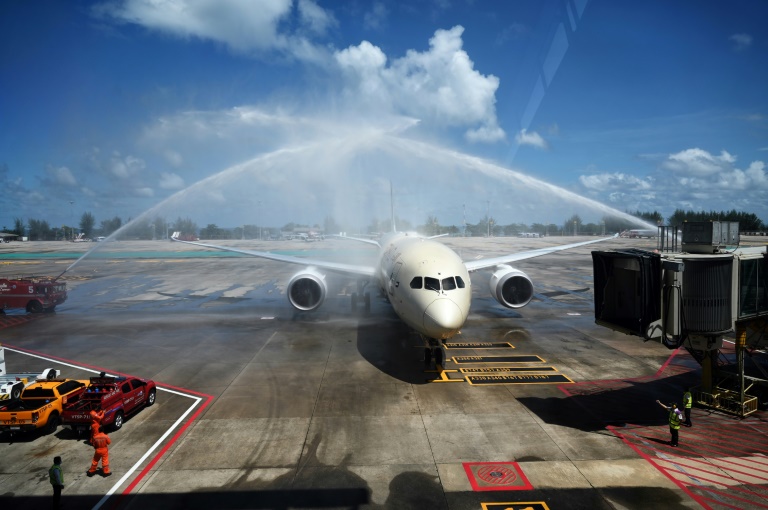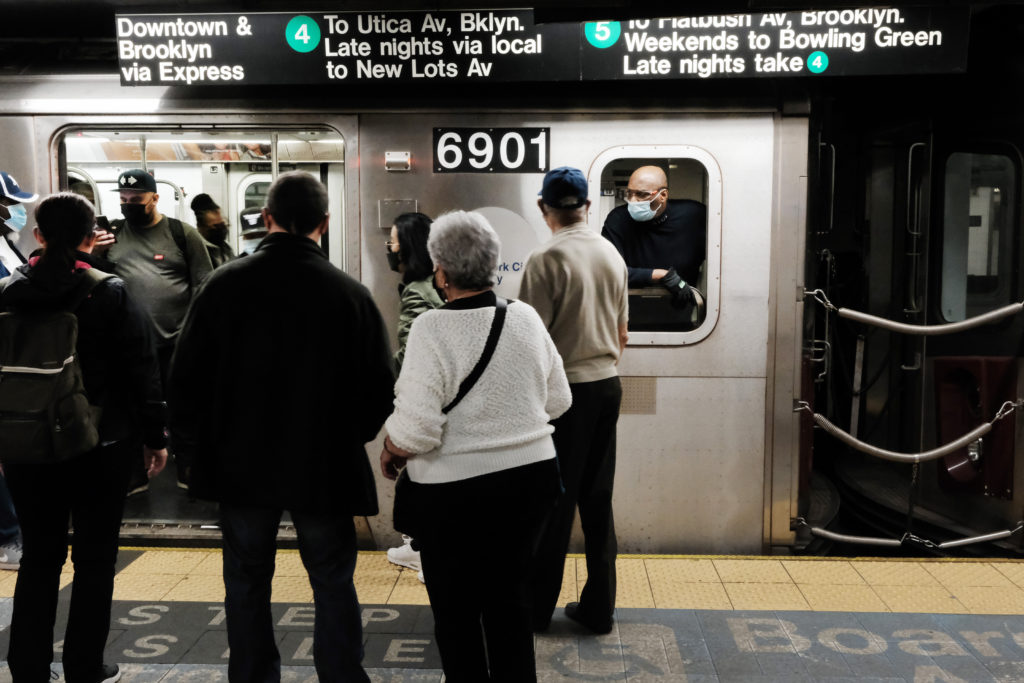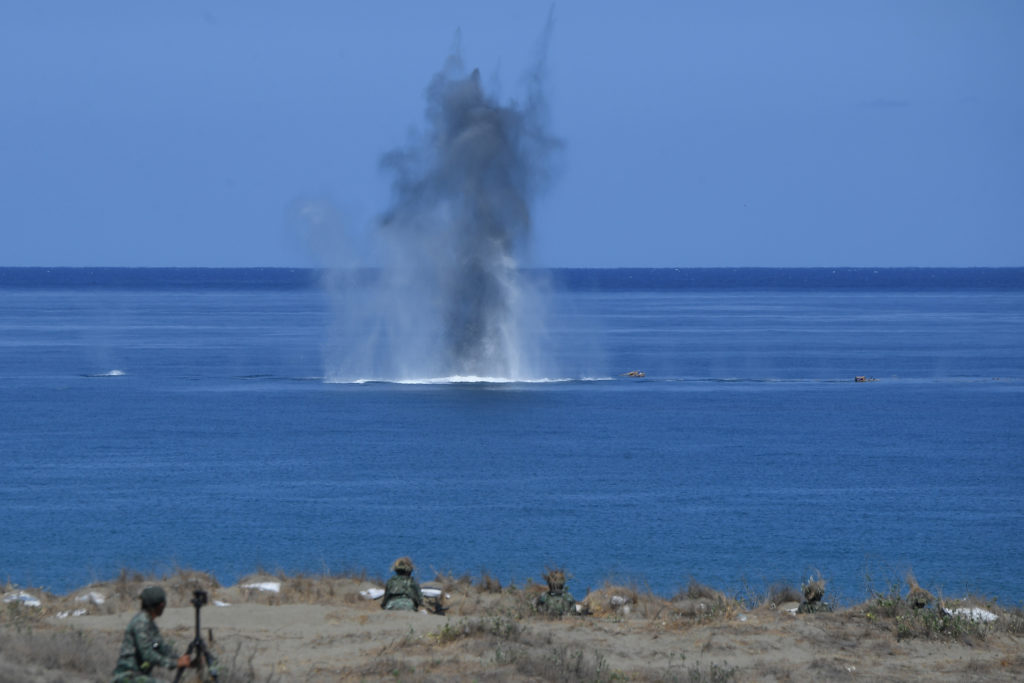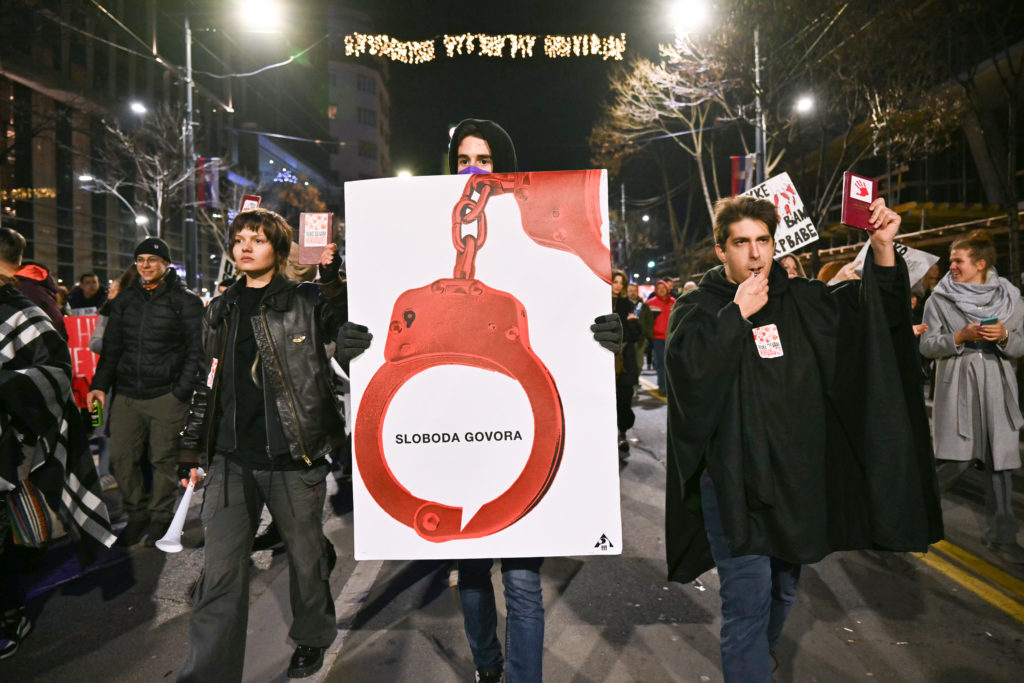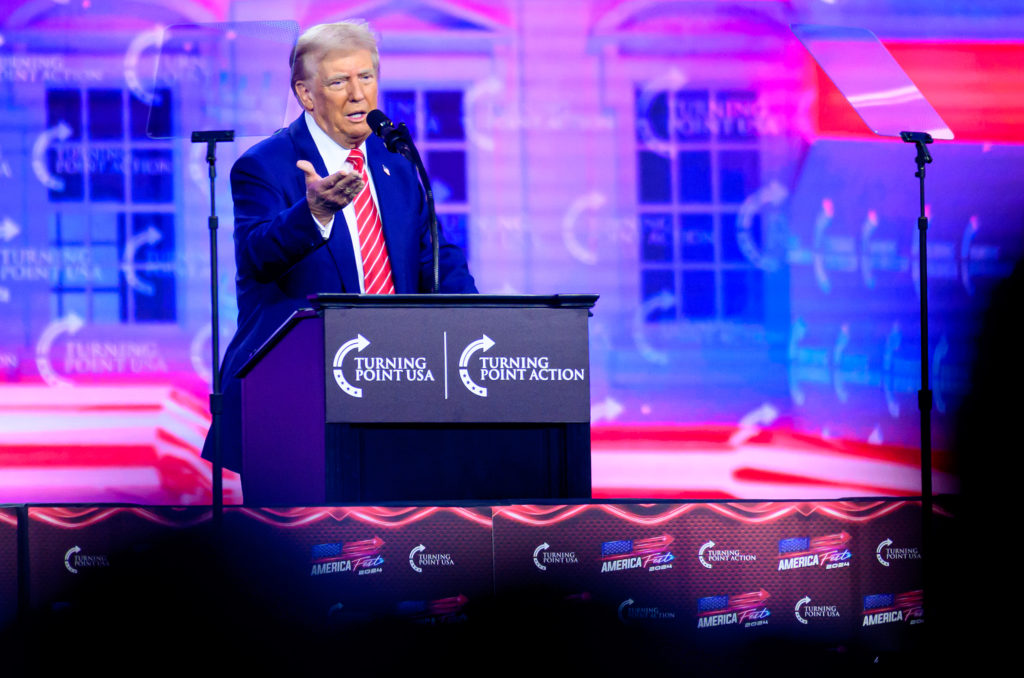The first international travellers touched down Thursday in the holiday hotspot of Phuket under a quarantine-free scheme, as Thailand tries to reboot its battered tourism industry while also enduring its worst coronavirus outbreak.
Tourism makes up almost a fifth of the Thai economy, and the Covid-19 pandemic has led to its worst performance since the 1997 Asian financial crisis.
The kingdom is pinning high hopes for a much-needed revival on the so-called “Phuket sandbox” — a model that will allow vaccinated travellers to visit without quarantine.
On Thursday, 249 passengers on flights from Israel, the United Arab Emirates, Qatar and Singapore are expected to land on the island — where sandy beaches have been relatively deserted since the virus hit.
The first 25 travellers arrived in Phuket on an Etihad Airways flight before noon and underwent screening procedures.
Among them was Omar Ricalraeesi, 37, from the UAE who said he had previously been to the island 15 times and will spend eight days relaxing.
“After two years of not travelling, I’ve chosen the Phuket sandbox to change my mood,” he told AFP.
Another British tourist said he would stay for a month and was looking forward to a family reunion.
“My children live here so I’m going to see my kids,” he told AFP.
– Relatively unscathed –
The launch of the quarantine-free scheme comes as Thailand grapples with its worst-ever Covid-19 wave and the worrying detection of the Alpha and Delta coronavirus variants.
Nationwide, the current case tally is at 264,834.
But Phuket remains relatively unscathed as Thai authorities have rolled out a mass vaccination campaign in preparation for the quarantine-free arrivals, with 70 percent of residents receiving at least one dose.
A command centre will track foreign visitors’ movements via a mobile app — which tourists are required to install on arrival — and also monitor for potential outbreaks.
Despite the fanfare, tourism operators are lukewarm on the resuscitation of the island’s economy, which has seen nearly 90 percent of hotels shutter.
“I think the restrictions make people travel less,” said Kongsak Khoopongsakorn, president of the Thai Hotels Association Southern Chapter, who also runs a resort on the island.
Besides being fully vaccinated, tourists must remain in Phuket for a fortnight if they wish to travel to the rest of Thailand, and take three coronavirus tests during this period — a substantial expenditure for a family.
Kongsak added that authorities had downgraded its sandbox entry forecast of 129,000 visitors in the third quarter to 100,000.
– ‘Disappointing’ –
Delays in government approval for the scheme have caused headaches for scores of prospective travellers, who flocked online to air their grievances.
“It is disappointing the communication has been so poor and new requirements without any detail are being created after the fact,” an American traveller told AFP.
She added she had spent hours calling consulates across the United States to get her paperwork processed — to no avail.
But even a trickle of visitors will be a lifeline for desperate vendors such as Thewan Phromyang, who rents out deck chairs at Phuket’s Patong Beach.
“I barely have any income. We can only feed ourselves,” the 49-year-old told AFP.
Before the pandemic, Thailand had expected 40 million visitors to arrive in 2020, a far cry from the 6.7 million who made it through strict border restrictions.
Another regional tourist hotspot, Bali, had been eyeing a July reopening but Indonesian authorities appeared to have backed down as virus cases surged to record levels.
While the Indonesian government has not announced an official cancellation, comments this week from the tourism minister suggested that any bid to welcome back tourists is likely to be delayed until infections are curbed.
burs-lpm/qan

